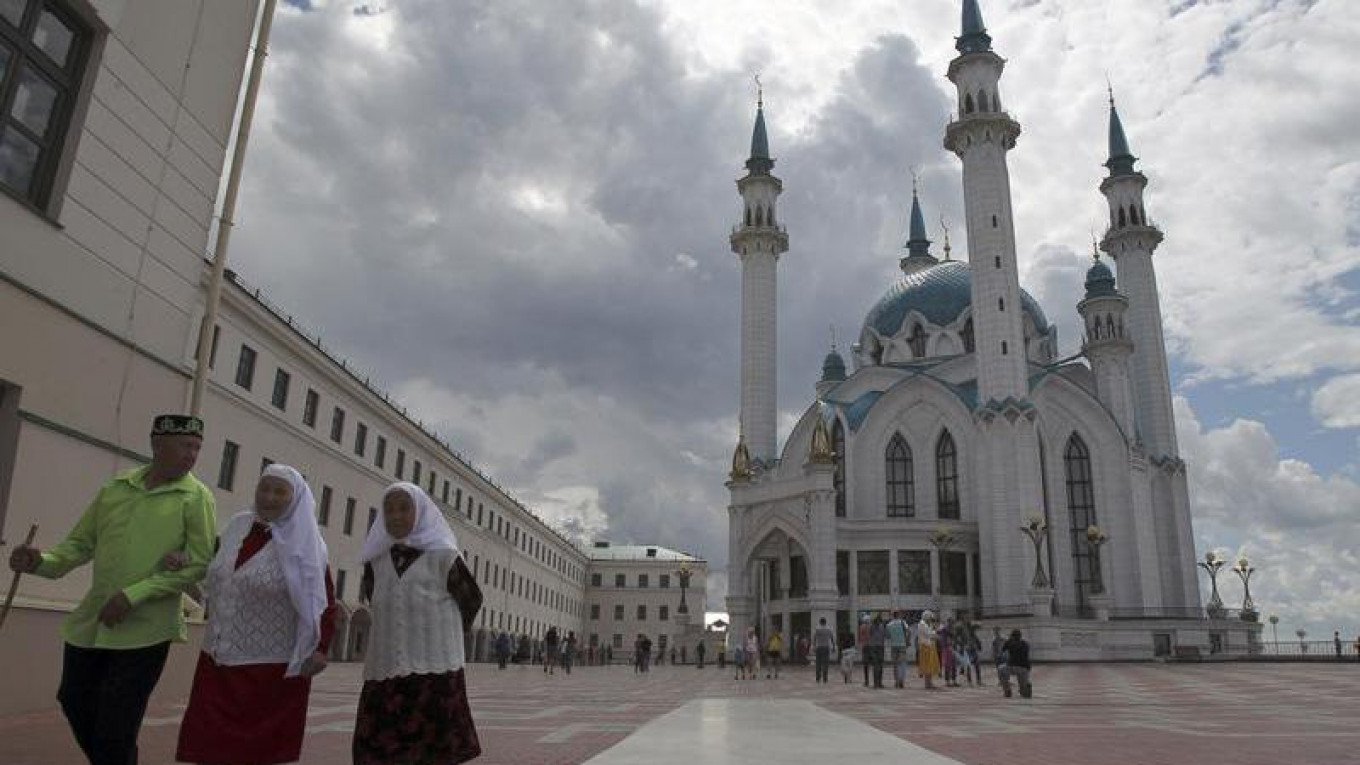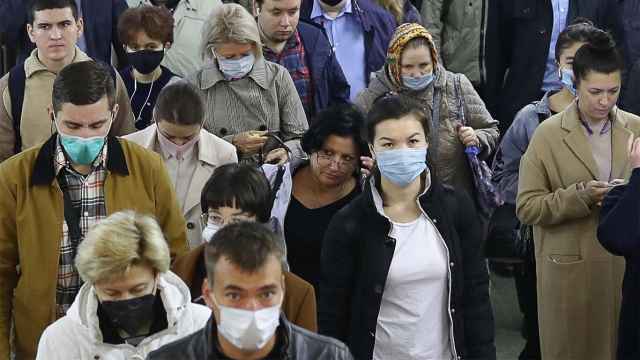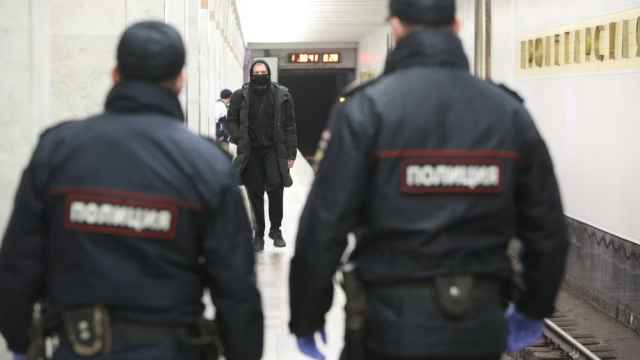The special status that Russia’s Tatarstan republic has enjoyed since the collapse of the Soviet Union ended on Monday, when its agreement with the federal government expired.
The republic had once been among 46 Russian regions that negotiated a degree of self-rule with the Kremlin after the Soviet Union’s collapse. But by July 24 this year, only Tatarstan had retained a semblance of that autonomy.
In the months leading up to the agreement’s expiration, the Kremlin gave little indication it intended to renew the deal. Under President Vladimir Putin, power has been returned to the capital.
What was the ‘special status’?
In 1992, after the collapse of the Soviet Union, each of Russia’s regions except Tatarstan and Chechnya signed agreements with central authorities that solidified Russia’s federal structure.
Tatarstan officials demanded a separate agreement that would preserve their regional sovereignty. Two years later, it finalized a deal with Moscow that gave the ethnically diverse republic its own laws, tax rules and citizenship privileges. Tatarstan kept control over its resources and budget, and could even participate in international affairs.
Another 45 regions later signed similar agreements with the federal government under then-President Boris Yeltsin, who was willing to give regions extra sovereignty.
That trend shifted in 2000 when Vladimir Putin came to power. One by one, the regions were brought to heel and their unique privileges were taken away.
“The Russian system has been dominated by an authoritarian model of federalism,” political analyst Mikhail Vinogradov told The Moscow Times. “This became especially clear during Putin’s first term, when he was looking for easy victories.”
Political scientist Abbas Gallyamov agrees: “It is clear why Putin started doing this in 2000. He was like the English Queen. He wanted to amass power in Moscow.”
By 2009, only Moscow’s agreements with the restive Chechnya and Tatarstan were still intact. And at that point, Putin had already renegotiated the terms of those agreements, making them largely symbolic.
In 2007, the president removed most of Tatarstan’s special privileges, with the exception that local authorities could still issue passports with a one-page insert in the Tatar language.
Then, in 2010, Chechnya’s leader Ramzan Kadyrov voluntarily gave up his republic’s special status, famously saying that Russia could only have one president. This display of allegiance earned Kadyrov informal perks from the Kremlin, but it also meant Tatarstan was the last Russian region with such a special status.
What now?
Tatarstan is one of the most economically successful regions in Russia thanks to its well-developed oil industry. It was Russia’s 16th most wealthy region in 2015 with about 434,509 rubles ($7,270) GDP per capita, according to the state-funded RIA Rating.
Its capital, Kazan, is the sixth largest in Russia, religiously diverse, and a host city for the 2018 World Cup.
Even though Tatarstan’s deal with Moscow has been largely symbolic for around a decade, authorities there have defended it passionately, using it to tout the region’s independence and exceptionalism.
The deal is proof for Tatarstan that the region has a special place in Moscow, Gallyamov told The Moscow Times. If the agreement is not extended, it will be seen as “a slap in the face,” he says. “It will look as if Moscow has put them in their place. People there will not like that.”
That could drive a wedge between Moscow and local authorities, who have been a useful political ally. In the aftermath of Russia’s annexation of Crimea, Tatarstan helped mediate between the local Tatar diaspora and central Russian authorities.
Ahead of presidential elections next March and the World Cup tournament next summer, it could also fuel protest potential in the region.
“Now the agreement holds a mostly symbolic character, but [if if is not extended] that will indicate a loss of trust,” said Vinogradov, referring to the republic’s relationship with Moscow.
At home, the agreement’s end will be an especially hard blow for Tatarstan President Rustam Minnikhanov. His position, which has been historically strong, was recently weakened by a banking crisis this winter, Gallyamov said.
While Tatarstan authorities will still try to obtain concessions, like keeping the title of president for the republic’s head, Gallyamov does not expect Minnikhanov will be able to convince the Kremlin to renew the agreement.
“There won’t be any battle. Minnikhanov is not that strong,” he said.
A Message from The Moscow Times:
Dear readers,
We are facing unprecedented challenges. Russia's Prosecutor General's Office has designated The Moscow Times as an "undesirable" organization, criminalizing our work and putting our staff at risk of prosecution. This follows our earlier unjust labeling as a "foreign agent."
These actions are direct attempts to silence independent journalism in Russia. The authorities claim our work "discredits the decisions of the Russian leadership." We see things differently: we strive to provide accurate, unbiased reporting on Russia.
We, the journalists of The Moscow Times, refuse to be silenced. But to continue our work, we need your help.
Your support, no matter how small, makes a world of difference. If you can, please support us monthly starting from just $2. It's quick to set up, and every contribution makes a significant impact.
By supporting The Moscow Times, you're defending open, independent journalism in the face of repression. Thank you for standing with us.
Remind me later.






